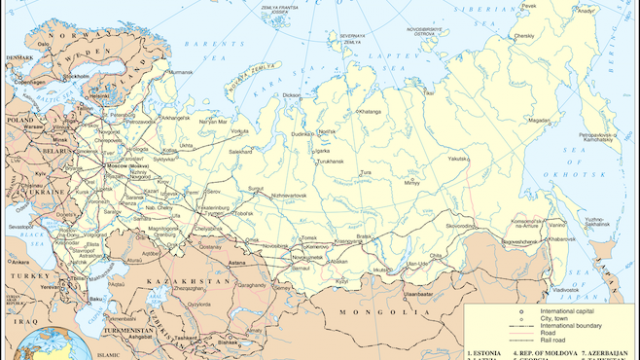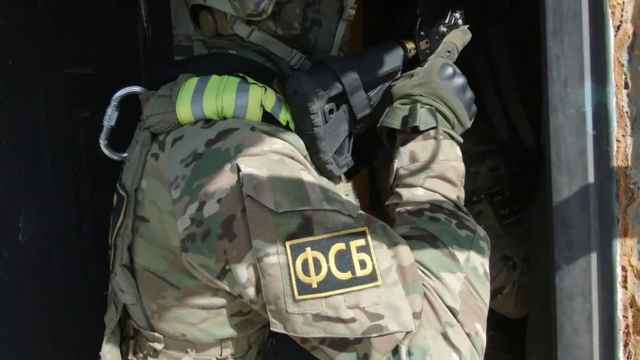Russian officials have condemned tech-giant Google for updating its online map of the Crimea with new names decided by the Ukrainian government.
The company has updated
its maps in of the peninsula in accordance with a new Ukrainian de-communization law designed to modernize the country's Communist-era place names, the RBC news website reported Thursday.
Ukraine's parliament
passed the law in April 2015,
beginning a program of removing symbols of Soviet power such as the
hammer and sickle and red star.
“These
people suffer from topographical cretinism," said Dmitry Polonsky, deputy chairman of the Council of Crimean Ministers. "That will get worse
after they rename everything, but that's their problem. Russia has
its own map services; we do not have to use Google,” he said, RBC
reported.
Polonsky claimed
that the U.S. company's decision to change the place names would
reduce Russian interest in Google services. “We call our towns and
villages the names they actually have, not by the names someone forces on us,” he said.
Crimea's Prime Minister Sergei Askenov says Google's changes pander to feelings of Russophobia in Ukraine.
"Kiev calls it decommunization, but actually under that title lies а cave of Russophobic feelings and the desire to destroy the common history between Russia and Ukraine. It's hard to say why [Google] feels the need to indulge Kiev," he said, the Interfax news agency reported.
Ukraine's de-communization
program will see the demolition of monuments to Soviet leaders and the
renaming of the streets and squares named after them.
A Message from The Moscow Times:
Dear readers,
We are facing unprecedented challenges. Russia's Prosecutor General's Office has designated The Moscow Times as an "undesirable" organization, criminalizing our work and putting our staff at risk of prosecution. This follows our earlier unjust labeling as a "foreign agent."
These actions are direct attempts to silence independent journalism in Russia. The authorities claim our work "discredits the decisions of the Russian leadership." We see things differently: we strive to provide accurate, unbiased reporting on Russia.
We, the journalists of The Moscow Times, refuse to be silenced. But to continue our work, we need your help.
Your support, no matter how small, makes a world of difference. If you can, please support us monthly starting from just $2. It's quick to set up, and every contribution makes a significant impact.
By supporting The Moscow Times, you're defending open, independent journalism in the face of repression. Thank you for standing with us.
Remind me later.





